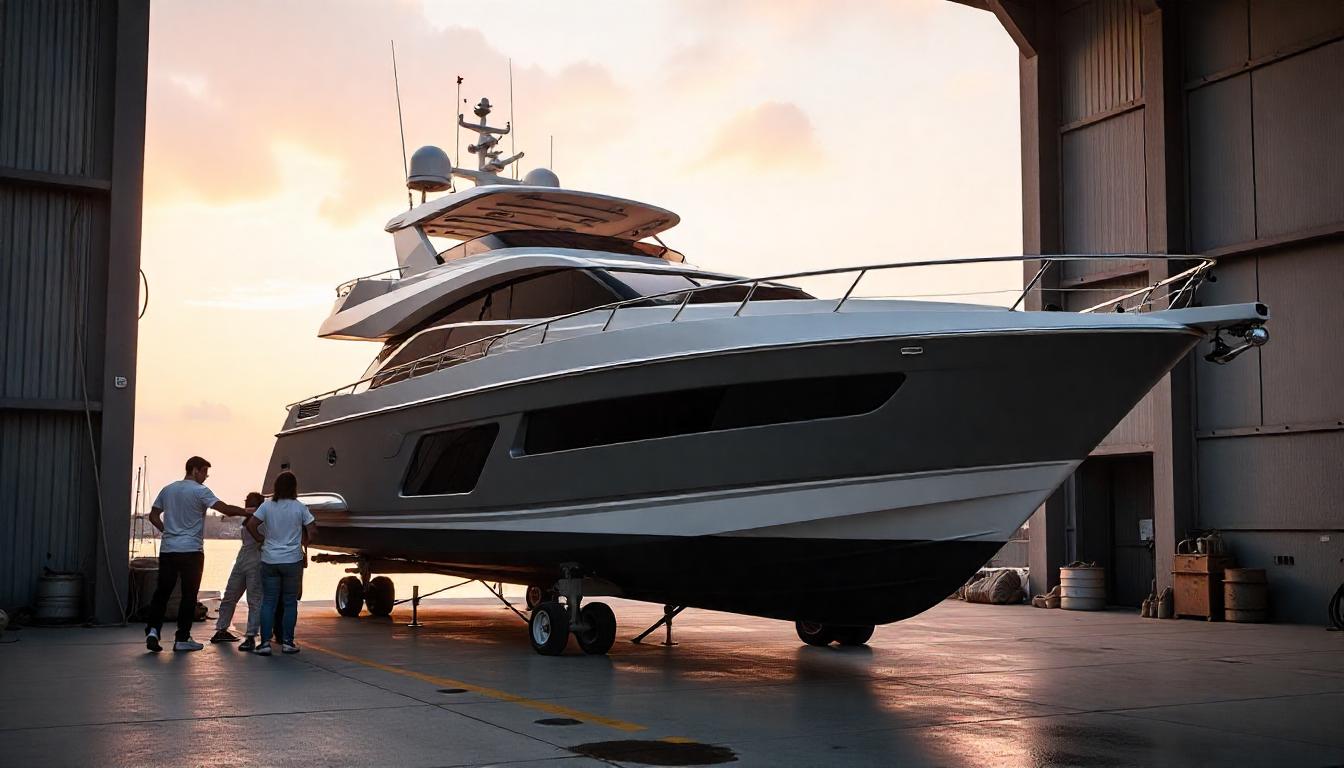Yacht ownership vs. chartering in 2025 presents a critical choice for sea enthusiasts, balancing lifestyle desires with financial considerations. As of Monday, June 09, 2025, at 10:31 AM +05, the decision hinges on usage, budget, and maintenance preferences. Owning a yacht offers freedom, while chartering provides flexibility without long-term commitment. This guide delves into the pros, cons, and financial insights to help you navigate charter vs. ownership comparison effectively.
Benefits of Yacht Ownership
Owning vs. renting a yacht grants unparalleled control. You customize features to your taste, like adding a hot tub. For instance, a 60-foot motor yacht becomes your personal retreat. Additionally, you avoid scheduling conflicts.
Moreover, ownership builds equity over time. Transitioning to this, it suits frequent users. Consequently, sea travel ownership benefits appeal to dedicated sailors.
Advantages of Chartering
Yacht rental vs. ownership offers convenience. Charters provide access to various boats without upkeep. For example, switch from a sailboat to a catamaran yearly. Also, crews handle maintenance.
Furthermore, it suits occasional travelers. Transitioning to this, flexibility is a key perk. Therefore, chartering aligns with diverse needs.
Financial Considerations
Financial insights shape yacht purchase vs. leasing decisions. Ownership costs include a $1 million yacht plus $100,000 yearly for upkeep. For instance, fuel and insurance add expenses. Chartering averages $10,000-$20,000 per week, depending on size.
Moreover, charters avoid depreciation. Transitioning to this, costs vary by usage. Consequently, budgeting clarifies your choice in yacht ownership vs. chartering.

Maintenance and Responsibility
Maintenance differs in charter vs. ownership comparison. Owners manage repairs, like engine overhauls every 1,000 hours. For example, hire professionals for $5,000-$10,000 per job. Charters shift this burden to operators.
Furthermore, owners face winterizing tasks. Transitioning to this, responsibility impacts time. Therefore, maintenance influences your preference.
Lifestyle and Usage Patterns
Lifestyle drives yacht purchase vs. leasing. Frequent sailors, using a yacht 50+ days yearly, benefit from ownership. For instance, a family cruising annually gains value. Occasional users, with 10-20 days, find chartering cost-effective.
Moreover, ownership suits customization lovers. Transitioning to this, usage shapes the decision. Consequently, patterns guide your yacht rental vs. ownership choice.
Legal and Regulatory Aspects
Legalities affect sea travel ownership benefits. Owners navigate registration and taxes, like U.S. state fees. For instance, Florida charges $500 annually. Charters comply with operator licenses, simplifying rules.
Furthermore, insurance varies by option. Transitioning to this, regulations add complexity. Therefore, legal factors impact yacht ownership vs. chartering.
Long-Term Value and Flexibility
Long-term value favors owning vs. renting a yacht. A well-maintained yacht may appreciate or hold value. For example, a classic model gains appeal. Chartering offers flexibility to explore new destinations annually.
Moreover, ownership ties you to one vessel. Transitioning to this, flexibility suits adventurers. Consequently, value guides your charter vs. ownership comparison.
Slutsats
Yacht ownership vs. chartering in 2025 depends on your lifestyle, budget, and maintenance tolerance. Ownership offers control and equity, while chartering provides convenience and variety. Weigh financial and legal factors to make the best choice for your sea adventures.

 Yacht Ownership vs. Chartering: Pros, Cons, and Financial Insights">
Yacht Ownership vs. Chartering: Pros, Cons, and Financial Insights">
